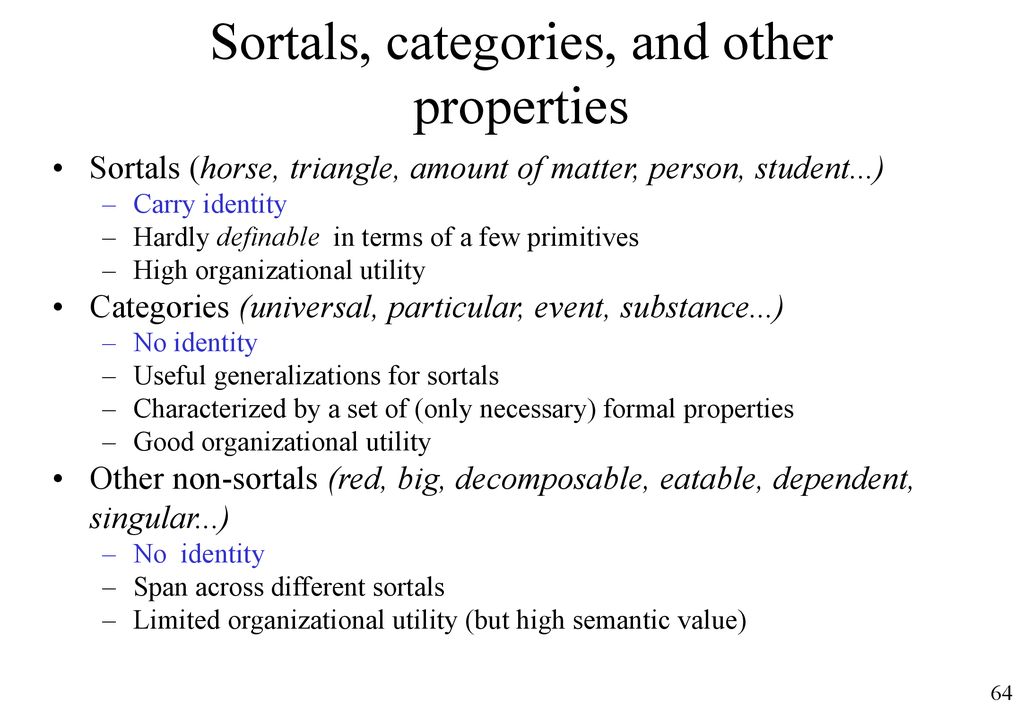In this interesting piece of political philosophy, Yale professor Paul Kahn examines politics and law using the lenses of theology and theological psychology. This isn’t an article on theology per se. Rather, Kahn attempts to examine politics using theology writ large.  I think he does a good job of showing the role postmodern epistemology plays in political and legal discourse. He focuses on the idea that politics (and even law) is essentially social. Political "truth" comes down to an agreement among a particular social group as defined by the political or legal system in question.
In order to be effective in these systems, one must have the power of persuasion: the ability to dialogue and simmer down disparate ideas until there is a general (though not, of course, universal) agreement. If one resorts to preaching or dictating political or legal truth, one has abandoned social discourse and so is not doing politics any longer. He plays heavily on the intuition that most of us have that ideologues and dictators both have abandoned the political process and replaced it with something much less democratic (despite the fact that they can be effective politically).
This theological background continues not just in moral theory, but also in contemporary political theory. When, for example, John Rawls argues that the basic order of a political community must be founded on an imagined contract formed behind a veil of ignorance, he is imagining the overlap of reason and will. Behind the veil, we can rely only on reason, which is the same for everyone.
Thanks to Bill Pardi for the pointer.
Full article here.







